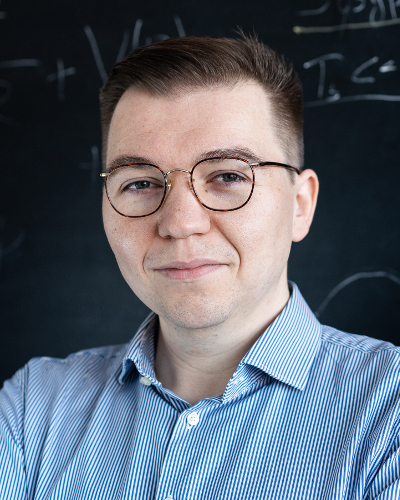
It is my pleasure to invite you to an online seminar of the Cooperative Catalysis Group. Tomorrow, on Friday, our guest will be the recipient of this year’s NCN scientific prize dr hab. Michał Tomza from the Faculty of Physics of the University of Warsaw.
Below please find the Zoom link and talk details.
Time: Oct 30, 2020 11:00 AM Warsaw
https://zoom.us/j/96570388483?pwd=c1BTV3pZcktTU0tUbmtEdFB0ejJUUT09
Meeting ID: 965 7038 8483
Passcode: 336789
Talk title: “Accurate ab initio quantum-chemical calculations for ultracold scattering experiments”
Abstract:
Hybrid systems of laser-cooled trapped ions and ultracold atoms combined in a single experimental setup have recently emerged as a new platform for fundamental research in quantum physics and chemistry [1]. Reaching the ultracold s-wave quantum regime has been one of the most critical challenges in this field for a long time. Unfortunately, the lowest attainable temperatures in experiments using the Paul ion trap are limited by the possible rf-field-induced heating related to the micromotion [2]. Recently, buffer gas cooling of a single ion in a Paul trap to the quantum regime of ion-atom collisions was realized, and a deviation from classical Langevin theory was observed by studying the spin-exchange dynamics, indicating quantum effects in the ion-atom collisions [3]. In my seminar, I will present how quantum chemical calculations of electronic structure and scattering dynamics can guide and explain quantum physics and chemistry experiments. In particular, I will describe how, in collaboration with experimental groups from Amsterdam [3], Stuttgart [4], and Freiburg, we have overcome the micromotion limitation. I will also discuss incoming applications, including first observation and application of magnetic Feshbach resonances, to control ultracold ion-atom collisions.
[1] Tomza et al, Rev. Mod. Phys. 91, 035001 (2019)
[2] Cetina et al., Phys. Rev. Lett. 109, 253201 (2012)
[3] Feldker et al, Nature Phys. 16, 413 (2020)
[4] Schmid et al, Phys. Rev. Lett. 120, 153401 (2018)